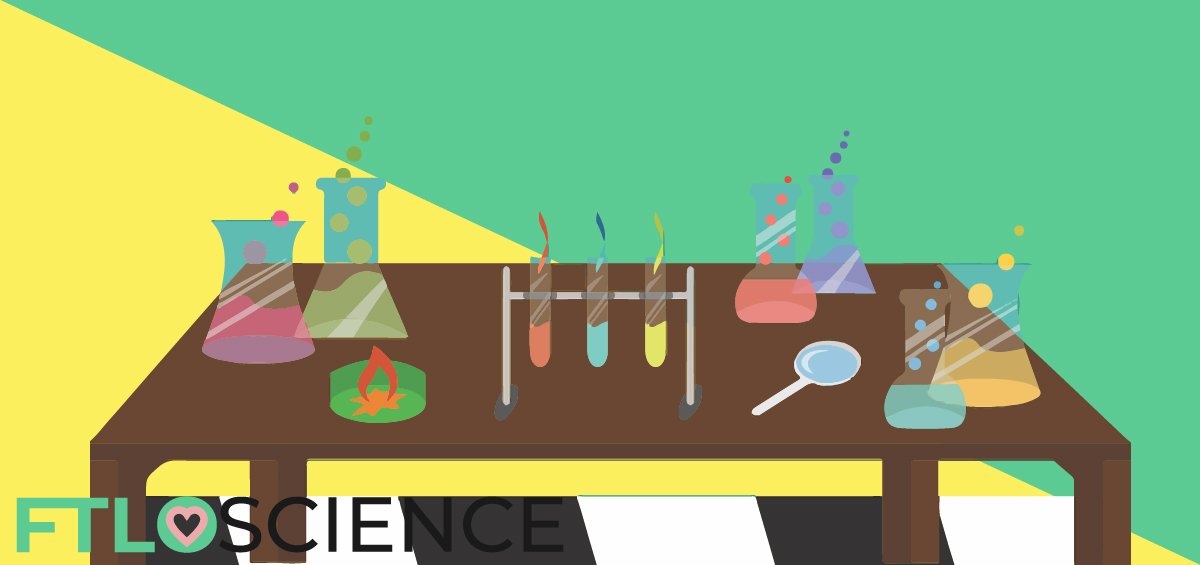For many of us, learning science ends with high school. And why not? Society is designed such that even if we neglect science altogether, we are still able to lead happy and successful adult lives. But even if you’re not a scientist, science freely offers us invaluable tools for skepticism, critical thinking and better decision-making. And the best part? It’s never too late to pick them up.
What is Science?
Science is the pursuit of knowledge. Knowledge of the natural world, of the cosmos, of how things begin and how they might end. For many, none of these seem particularly useful in everyday life. Knowing that all snowflakes have six sides doesn’t help you win snowball fights. You don’t need to have the slightest clue about isotope dating to marvel at million-year-old fossils in museums.
More importantly, the science we learn in school doesn’t benefit us in the ‘real world’. For non-scientists, it probably doesn’t help to advance careers. Heck, many scientists have little scientific knowledge outside their fields. But on a personal level, whatever knowledge we gain from science is quite possibly eclipsed by understanding the methods in its pursuit.
The scientific method first involves critical thinking. Plausible theories to explain a problem are hypothesized. These hypotheses are then subject to experimentation and fact-checking. If the scientific evidence does not support the theory, the theory is promptly thrown out. If it checks out, the theory is put through even more rigorous tests and the cycle repeats.
But the scientific method doesn’t just belong to scientists. This self-correcting mechanism that has helped scientists systematically uncover the secrets of the universe can also help us in our everyday lives.
Scientific Literacy as a Filter for BS
Scientific literacy is a key aspect of the scientific method. Science presents things to us as they are, as opposed to what we want to be true. Being scientifically literate means having an objective view of the world and being able to skeptically evaluate the sources of information.
News outlets and social media have the tendency to sensationalize facts for attention-grabbing headlines and ‘likes’. We must be able to filter through these claims to determine the facts by asking critical questions. How reliable or qualified are the sources? Has the data been collected and interpreted properly and objectively? Does the author have an underlying motive for supporting a specific cause?
Extraordinary claims require extraordinary evidence. Every time we face a claim that sounds too good to be true, alarm bells must start ringing. How is alkaline water good for our health? Does the Burzynski clinic have a cure for terminal cancers? Can ‘power posing’ boost our testosterone levels, making us more confident?
Sometimes, individuals and organizations support causes that go against scientific evidence. Or they cherry-pick scientific data to fit their needs. They might paint a very convincing picture on the surface, but a deeper look at the science often unravels their schemes of pseudoscience spectacularly.
Science Puts Power in our Hands
We are presented, by supposed figures of authority, opposing views on many issues, each hoping to sway our thoughts to achieve some end. Of course, there are some who mean well. But with the constant bombardment of information, how can we choose? Many of us fall into the trap of simply trusting the most persuasive and charismatic figures.
Scientific curiosity instilled into individuals is priceless; ignorance leads to very real dangers. In the right hands, science can be used to predict global threats such as climate change, it can help model the spread of disease, it can chart the path to humanity’s long-term survival.
If only an elite few had access to this vital knowledge, they could use it sparingly and cunningly to manipulate the masses. Luckily for us, we live in an age where many of us have the privilege of internet access. We can compare multiple sources of information to determine their credibility. On many occasions, it doesn’t take much digging to expose pseudoscience and quackery.
Science removes power from so-called authorities, conferring it instead onto those who refuse to be spoon-fed information. The methods of science put power into the hands of the people. It provides us with our own perspective of the world. If the right concepts of scientific thinking are imparted onto the citizens of a nation, it can truly be a social leveler.
Making Mistakes is Encouraged
Science is not without its flaws. The current processes that govern scientific research, funding and publishing are questionable, at times outright wrong. Just like any other human endeavor, these processes tend to be corrupted by our subjective influences.
But the scientific method attempts to remove this. Money, fame, prestige and power are pushed aside in the face of the scientific values of skepticism, humility and empirical evidence. Think about the heliocentric model proposed by Copernicus or Darwin’s evolution by natural selection. In science, fundamental truths can turn into fiction at the hands of a well-designed experiment.
As far as I can tell, there is no other institution, political or religious or otherwise, that allows – even encourages – its practitioners to challenge its methods. When faced with the scientific truth, prominent figures in science must reluctantly hold their hands up and say ‘okay, I was wrong’. Mistakes in science are not only common but crucial to new discoveries.
Imagine a world where these values apply to every situation, big or small. We accept mistakes as part of the process, learn from them, and when the situation arises again, we are able to make better mistakes. There is no other self-improvement method that is as tried and tested as the self-correcting mechanism that drives scientific discovery.
Science is a Way of Thinking
You don’t need a degree in science to understand scientific issues. You don’t need to have written papers in peer-reviewed journals to call out claims of pseudoscience. What the world needs, but what science education so rarely cultivates, are non-scientists with a healthy dose of skepticism and a high degree of rational thinking.
Many think of science as cold, calculating, logical, with no room for error. But that couldn’t be further from the truth. Science encourages mistakes, it invites us to guess and wonder and think about everything that is presented to us. No matter how much we know (or think we know) about a subject, there are always more questions we can ask.
Carl Sagan famously wrote that ‘science is a way of thinking much more than it is a body of knowledge’. Indeed, at its very core, science is simply a way of thinking. It is a constant reminder that we have the tools to systematically and reliably extract information from the sources at hand. Applying these tools in our everyday lives helps us make better decisions, alerts us to when we are being fed misinformation, and reminds us to take nothing for granted.
About the Author

Sean is a consultant for clients in the pharmaceutical industry and is an associate lecturer at La Trobe University, where unfortunate undergrads are subject to his ramblings on chemistry and pharmacology.




